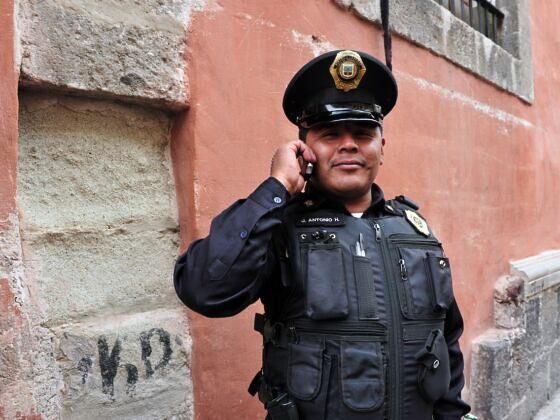ON A SUNDAY MORNING in East Hollywood a few months ago, I ran out of my apartment because I thought that the taqueria next to the swap meet was on fire. I hurried down the block towards the supposed inferno until I remembered that Pollo al Carbón is always on their Sunday menu.
Since I was already out of the house, I decided to indulge in a charbroiled chicken taco and take a stroll through the nearby mercado. The market’s entrance was policed by a middle-aged Korean security guard whose only defense was a small canister of pepper spray.
